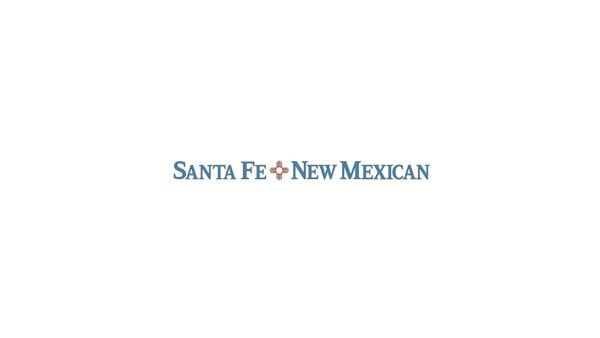Children deserve more than digital assessments in pre-K education.


In the realm of early childhood education, the formative years are widely recognized as critical in shaping a child’s future learning and development. In light of this understanding, educators and administrators must carefully consider the methodologies employed in both teaching and assessing young children. Patricia Acton, an educator with over three decades of experience and the owner and director of Alpha School in Las Cruces, emphasizes the importance of assessment in her commentary on the topic.
Beginning this fall, the New Mexico Early Childhood Education and Care Department is instituting a mandate requiring all pre-K programs, whether public or community-based, to implement the Minnesota Executive Function Scale (MEFS). This digital assessment, designed for administration through iPads, focuses on measuring essential executive function skills that are crucial for young learners. These skills include working memory, self-regulation, and cognitive flexibility, which are foundational for academic success and personal development.
However, Acton expresses significant concerns about the effectiveness and implications of this approach. She argues that the reliance on standardized digital assessments can overlook the individual nuances of each child’s learning journey. While such assessments may provide data points on cognitive abilities, they might not fully encapsulate the diverse experiences and needs of young children. Assessments should not merely serve as instruments for measurement but as tools for understanding and fostering the unique growth trajectory of each child.
Moreover, the implementation of standardized testing at such an early age raises questions about the appropriateness and impact of such practices. Critics argue that young children thrive in nurturing, play-based environments, where learning is deeply interconnected with exploration and emotional connections rather than high-stakes testing. Acton’s perspective advocates for a more holistic approach to early childhood education, emphasizing the importance of individualized observation and tailored support over one-size-fits-all assessments.
In a landscape increasingly driven by data and measurable outcomes, the challenge lies in balancing the need for accountability in education with the values of personalization and integrity in child development. As New Mexico navigates this shift, it will be crucial for educators, policymakers, and parents alike to engage in dialogue around best practices for assessing young children, ensuring that the chosen methodologies truly support their growth and well-being.






